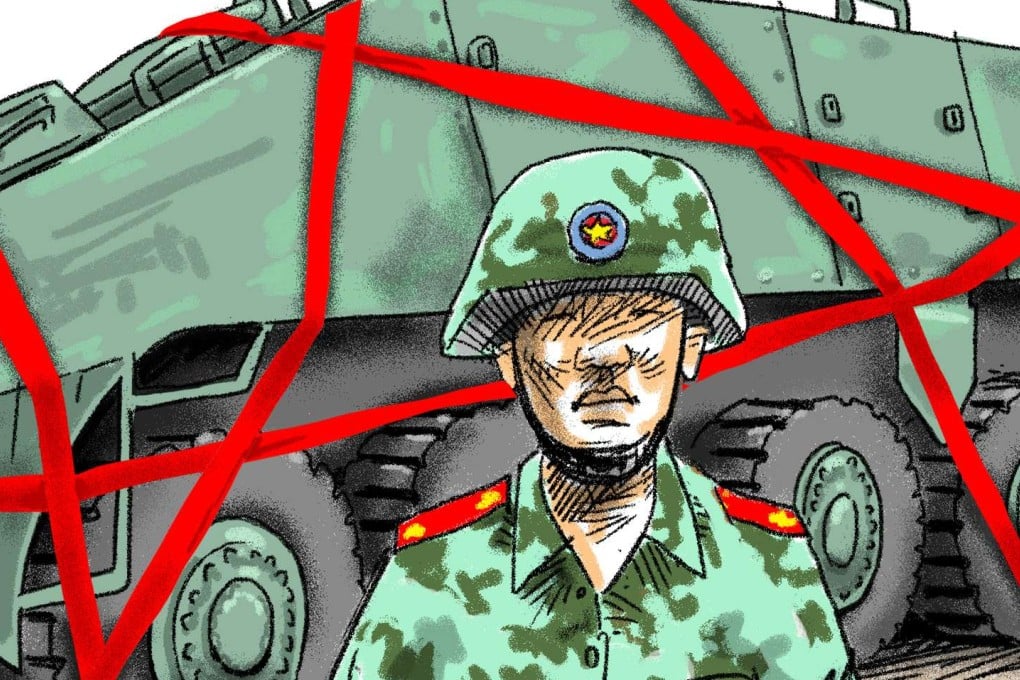For Beijing, seizure of Singapore armoured vehicles is a low-risk shot across the bows
Michal Thim says China sees a good opportunity to challenge not only the long-standing partnership between Singapore and Taiwan, but also to bring the Singapore government ‘in line’ for what Beijing perceives as its pro-US position


The answer is that, while Beijing has always known about the arrangements between Taiwan and Singapore and remained silent on the issue until now, seizure of the armoured vehicles provides it with an excellent opportunity. Whether this occasion is orchestrated or opportunistic is of secondary importance. The affair gives China floor to push back against the undesirable activity, drive a wedge between Singapore and Taiwan and give a lesson to Singapore for recent statements on the South China Sea and China’s role in the dispute.
Part of a broader debate that affects Singapore’s relations with China and Taiwan are rather fundamental differences between how states understand their respective “One China” policies and China’s demand to adhere to the “One China” principle. “One China” policy usually means that the respective country recognises the existence of only one state called China. The specifics of that policy are then subject to individual interpretations.
What’s really making Beijing angry with Singapore?
Beijing would naturally prefer that countries strictly adhere to the more explicit “One China” principle, which in short means that the mainland and Taiwan are part of the same state – the People’s Republic of China. Singapore’s official position is arguably close to how China would like it to be when it explicitly says that it recognises that Taiwan is part of China (the US, for example, merely acknowledges China’s position on the issue). However, that has not prevented the close relationship between Singapore and Taiwan from remaining viable alongside Singapore’s flourishing economic ties with China and security partnership with the US.